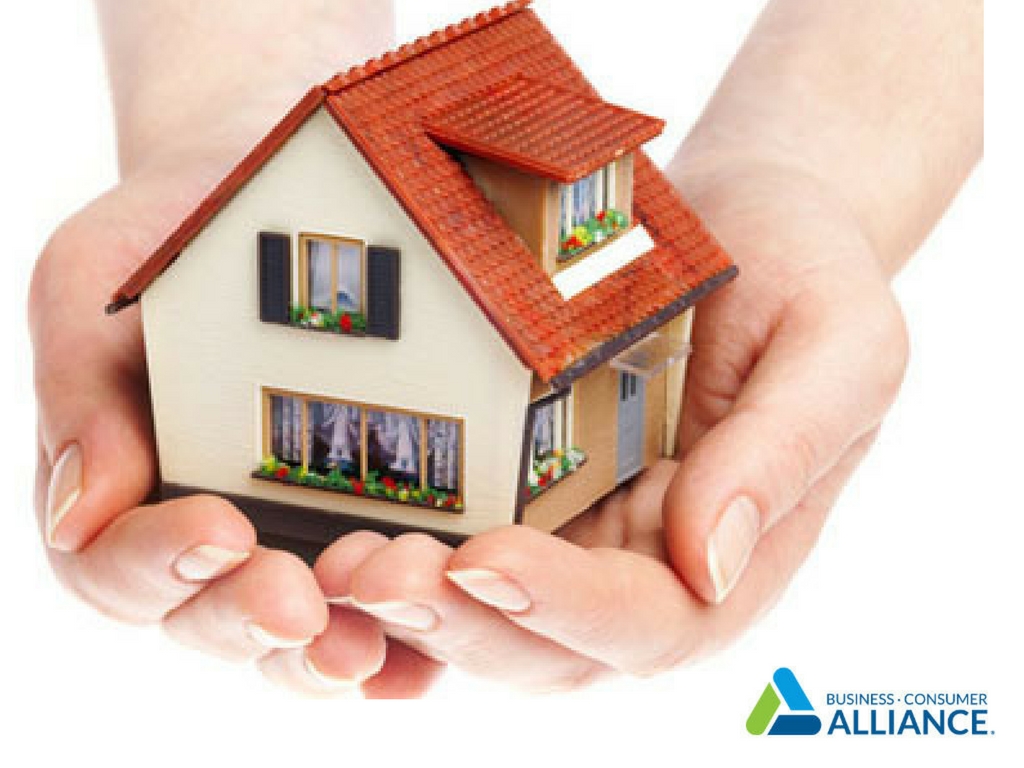
There are so many elements to think about when considering home ownership. Am I responsible enough to own a home? Can I afford it? What type of house do I need or want? Is it a sound investment? How long will I live there? All of these are valid questions that may come to mind when considering the option of purchasing a home. Buying a home will affect your finances and lifestyle. If taking this step is something you are set upon doing, there are some important things to think about before you go house hunting. Here are a few things to contemplate and get you started on your journey toward being a homeowner.
Credit Matters
When shopping around for a mortgage loan, take your time. This is a long-term investment and as such, careful planning should be done before taking this financial step. Contact the credit reporting companies to check your credit. Now is the time to check for errors and clear up credit issues. Take time to also get your credit scores. Lenders typically look at FICO scores from all three major credit reporting companies and use the middle score to decide what loan rates to offer. If you are considering buying a home jointly, do the same for the co-borrower since the lender will offer rates based on the lower of the two scores. If you have no credit or need assistance with credit matters, it may be a good idea to seek the services of a housing counselor.
Assessing Spending
Getting a clear understanding of how much you currently spend will aid you in deciding how much you can afford to pay towards the purchase of a home. Realistically examine your current spending habits. Look at your bank transaction history and debit/credit card statements for the last year to see how much you are spending. Also look at receipts to keep a tally of your spending habits. Tools such as a spending tracker can help you keep track of where your money is going. Prepare a budget of your current spending, including miscellaneous expenses, savings contributions, emergency funds, insurance payments, and recreational expenses. Once that is done, compare your budget to your monthly take-home pay to determine how much is left over. If you need to make adjustments on how you are spending, now is the time to look at how you can make changes. It is important to honestly assess your spending so you have an accurate idea of what you are working with and can afford.
Determining What’s Affordable
Now that you have assessed your spending, you can now decide how much you can afford to spend on a monthly house payment. The total monthly payment will include mortgage costs (principal, interest, property taxes, and insurance costs), expenses for utilities, plus associated fees such as Homeowner’s Association dues. You will also want to consider how much you want to save monthly to cover emergencies and other goals you may have in mind. Once you’ve considered these essentials, consider areas where you can cut back in spending so that you can comfortably afford to purchase a home.
Down Payments
Now it’s time to look at your savings to determine how much you can spend initially on your home purchase. Calculate your savings and investments to see what funds you have available. Deduct the amount you want to set aside to cover moving expenses, possible renovations, closing costs, and an emergency cushion. This will help you determine your maximum down payment. You will need to put down roughly 3 of your target home price. You can save more by putting down a greater percentage, such as 10 to 20. Check into low or no down payment options such as programs for military service members and first-time buyers.
How Much to Pay
You are now ready to think about how much you want to pay on a home. Some key factors in the home price are how much you pay monthly, your down payment, the kind of loan you select (fixed or adjustable), and the interest rate and terms of your loan. Research a range of interest rates and check out all your options to ensure you are getting the right mortgage for you. By getting quotes from several lenders, you put yourself in a better position to negotiate. Realistically calculate how much you can afford to pay per month on your loan. Include all the costs of homeownership such as principal and interest payments, taxes, homeowner’s insurance and other fees. You may find it handy to use a mortgage calculator to get a loan amount. Add your down payment to the loan amount to figure out an estimate of an affordable home price. Keep in mind that this number is not concrete as several factors play a part.
When to Buy
After you’ve explored your finances, think long and hard about whether you want to buy now or in the future. Look into how much houses are going for in the area where you wish to live. It is also a good idea to consider the risk and responsibilities of owning a home. While it can be rewarding, some risks include losing equity in your home, owing more than your home is worth, and expensive repair costs. After careful consideration, you may determine that waiting is a better option for you. During the waiting period you could save more money to put towards the purchase of a home.
Resources
There are several resources available to help you along your way toward purchasing a home. It could be beneficial to speak with a HUD approved housing Counselor for advice and guidance. Use Business Consumer Alliance’s directory for reliable businesses such as real estate professionals, lenders, and movers.
Although the process of buying a home can be complicated, using these tools can help make the journey less bumpy and aid in fulfilling your homeownership goals.